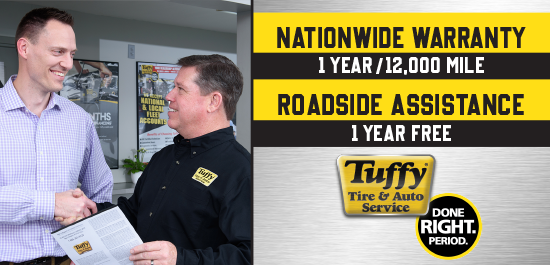| Dust, dirt and grime are all enemies to the longevity and efficient performance of your vehicle's engine. To prevent engine damage, your vehicle is equipped with various filters – air and oil among them. “Changing filters at factory-recommended intervals helps your vehicle last longer and perform better immediately and well into the future," says Ramon Nu Director of Filtration for Bosch, joint venture owner of Purolator Filters NA LLC. Purolator, which invented the automotive oil filter in 1923, is a leading supplier of high quality automotive filters to the North American aftermarket. Oil Filter – Of all automotive filters, probably the best known is the oil filter. Most drivers know that a regular oil and filter change should top their vehicle’s list of maintenance items. According to Nu “Dirt in oil poses great risks. Modern engines are manufactured to precise tolerances and operate under high stress. As the engine turns, the oil pump circulates oil throughout the engine to ensure all components function smoothly, with minimal friction. Dirt particles in the oil can ‘score’ or scratch the surfaces of engine components, eventually requiring engine overhaul or replacement. And while some oils have additives that extend their service life, they don’t do anything to rid the engine of grit and contaminants. Only regular oil and filter changes can do that.” Purolator’s PureONE oil filter offers 99.9 percent filtration efficiency – the highest in the aftermarket today. PureONE traps nearly 13 grams of microscopic contaminants (equal to 31 standard size paper clips) including dirt and metal shavings. Air Filter – Just as with oil filters, the media in air filters is specially engineered to trap airborne contaminants that can enter and harm the engine. Clogged or inferior air filters can allow dirt and dust particles in the air to get trapped between the piston rings and cylinder walls resulting in excessive oil consumption and reduced efficiency and power. Furthermore, a vehicle's engine operates by taking in 9 -10,000 gallons of air for each gallon of fuel it consumes. The smooth flow and cleanliness of this air determines how well the engine performs or how quickly it wears out. A clogged air filter increases fuel consumption and compromises performance. According to the U.S. Department of Energy, replacing a clogged air filter not only protects against engine damage but also improves gas mileage by as much as 10 percent. "The PureONE air filter features the company’s exclusive Micronic filtration media which has twice the capacity for trapping particles of dirt compared to conventional air filters," Nu said. “Using quality oil and air filters on your car is the best insurance you can buy to prevent costly engine repairs down the road,” says Nu |
Tuffy
Menu




